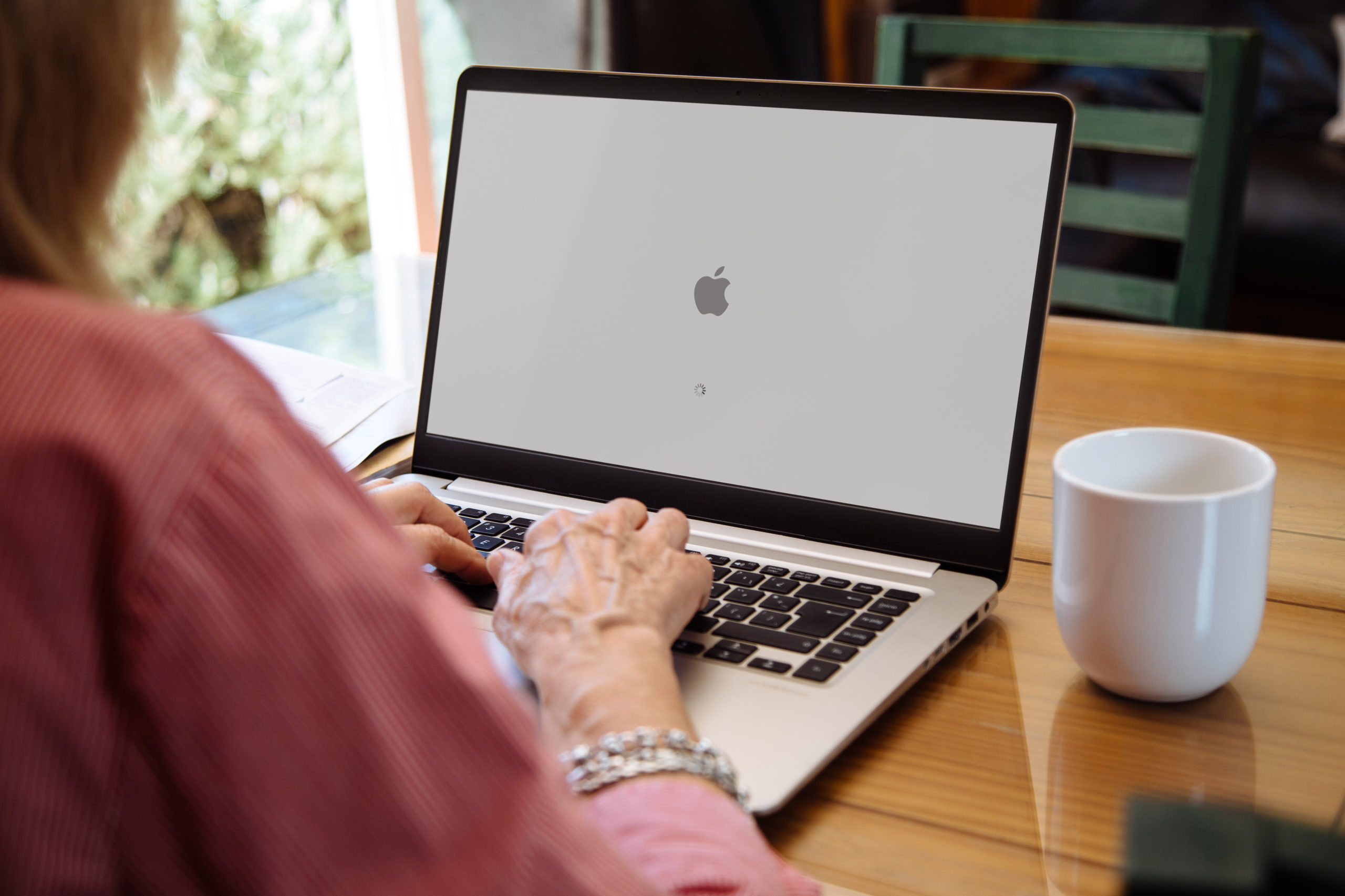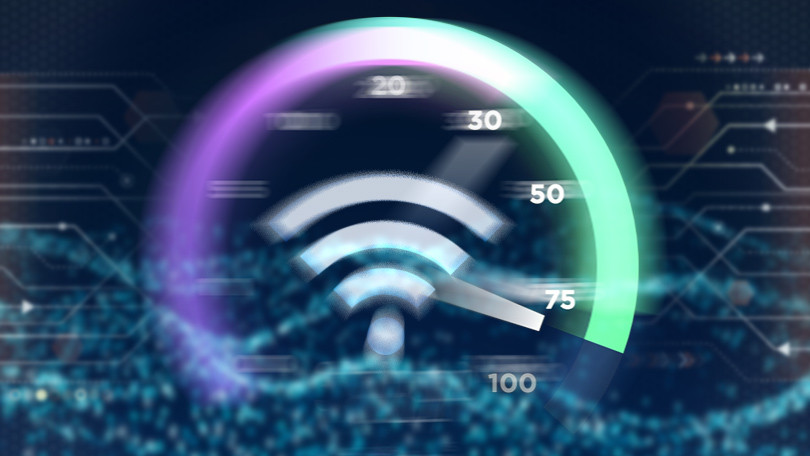New Computer? Protect Yourself.
At this day in age, most of us have probably made that purchase of a new home or office computer. It’s usually an exciting day of playing with new technology and figuring out all the inner workings of our new toy, but not everyone thinks about steps needed to be taken from day 1 to protect ourselves and our computer. VuzeVPN has put together a list of ways to protect yourself and your computer from viruses, hackers, and thieves.
1. Use Anti-Virus and Anti-Malware
There are all kinds of Anti-Virus and Anti-Malware products and programs on the internet — both paid and free. Make sure when you are downloading a free program, it’s from a reputable source, and the URL at the top of the page is the same link you clicked to begin with. Can’t decide? We’ve included a link to some popular/reputable paid and unpaid anti-virus software here.
In addition to Anti-virus software, Anti-Malware is also a must. According to an article in howtogeek.com, using Malwarebytes alongside your anti-virus provides extra protection that traditional anti-virus software does not detect.
2. Don’t Trust All Pop-Up Notifications
Some viruses disguise themselves as reputable brands or programs already downloaded on your PC. Before you click on a notification (or download a software update), make SURE it’s coming from a reputable source and is a program you have installed on your computer. If you feel you have software that needs to be updated, the safest way is to go to that company’s website and download it directly from the source.
3. Use a Private Search Engine
Anyone browsing the internet has probably noticed the second you look at a product online, you get an ad for it. Not only are websites and search engines tracking your shopping habits, but they also track your user behaviour. Thankfully, there is a handful of search privacy engines that completely encrypt your search so your “cookies” or history can’t be tracked. We recommend Search Encrypt or Duck-Duck-Go.
4. Use a Firewall and Keep ALL Operating Systems Software Up to Date
Newer versions of Windows (Windows 7–10) come pre-loaded with firewalls that automatically turn-on when you purchase/turn your computer on. Although these firewalls are pre-loaded, it’s extremely important to keep your software up to date. As software is updated, so are the firewalls and programs they protect against, so keeping up to date on the latest software is extremely important.
5. Make Sure When Downloading Extensions, It Goes Through a Reputable Site or Store
Browser extensions can be super helpful and fun (especially around the holidays while shopping). They provide coupons, quick links to your favourite recipes, popular searches, maps, weather, etc. — but there are some bad players in the space. Make sure when downloading extensions on mobile or desktop, you are going through a reputable store or website, and you’ll have a great experience!
6. Install a VPN
When online, you are constantly sending data out and receiving data back.
This information can be seen by your Internet Service Provider (ISP), or perhaps other parties. As you can understand, that means your data is not secure or private. VPN encrypts the data as it leaves your device, sending it to one of the VPN firm’s servers around the globe before it heads out onto the internet. As the data is now encoded, it is incomprehensible and cannot be used by ISPs or other spying parties. Your location appears to be where your chosen server is, instead of your actual one. Apart from the location-based perks, you also get security and anonymity when using a VPN.
How to get a VPN?
First of all, you have to choose a trusted VPN provider. After doing your online research and decide which is the best VPN product for you, all you have to do is sign up. Once you sign up, you will receive an email with instructions. If the service you are using supports other devices, such as smartphones and tablets, you can download the VPN app from the Play Store (Android) or App Store (iPhone/iPad). The good news is that most paid VPN services, including VuzeVPN, often offer a free trial. This gives you the opportunity to try the service before you start paying. The best VPN providers in the market, also offer excellent customer support. In case you face any trouble during installation, the support team of your VPN provider should be able to help. You might be wondering, “Are free VPNs safe?” The short answer to this question is no. Free VPNs are usually bad for your data privacy, high-risk and often slow. Spending a few bucks on a good VPN it is totally worthy.
If you are still wondering if having a VPN is important, below are all the reasons you probably need it.
- It stops trackers
- It stops your ISP from selling your data
- Adds security to public Wi-Fi
- Gives extra security online

